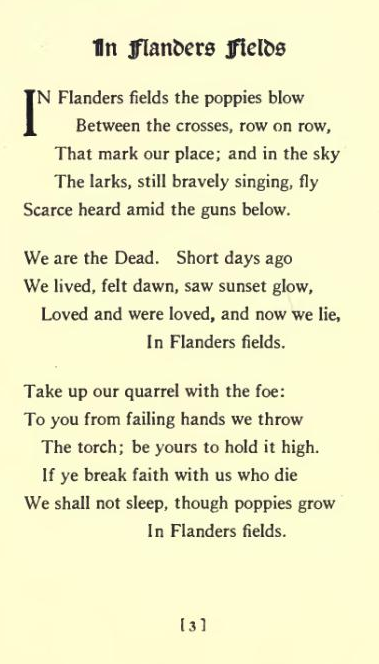Black Poetry is celebrated in October. It gives us a chance to honor past and present black poets. It celebrates black heritage and literacy and the contributions made by black poets.
Black poetry refers to poems written by African Americans in the United States of America. African American poetry predates the written word and is linked to a rich oral tradition. Inspiration for black poetry comes from musical traditions of gospel, blues, jazz and rap. It comes from stories of life in America ranging from slavery to segregation and more.
Phillis Wheatley is one of the great American poets. Most of her life was spent in colonial society in the 18th century New England. She was a Christian, a slave, a woman, a poet and and African. Through her poetry whe could share her thoughts as she experienced discrimination.
It is not known how long Wheatley lived in Africa as no one is quite sure of her age or where she was born. As a young girl she came from West Africa to Boston on the slave ship Phillis. She was purchased by John and Susannah Wheatley who named her after the slave ship. She could never escape the fact that she was a slave as well as a piece of property as the constant reminder was her name.
I, young in life, by seeming cruel fate
was snatched from Afric’s fancied happy seat:
What pants excruciating must molest
What sorrows labor in my parent’s breast!
Steeled was that soul, and by no misery moved,
That from a father seized his babe beloved:
Such, such my case. And can I then but pray
Others may never feel tyrannic sway?
was snatched from Afric’s fancied happy seat:
What pants excruciating must molest
What sorrows labor in my parent’s breast!
Steeled was that soul, and by no misery moved,
That from a father seized his babe beloved:
Such, such my case. And can I then but pray
Others may never feel tyrannic sway?
Phillis was lucky in one aspect as the Wheatleys provided her with a basic education in English, poetry, math and philosophy. This was a privilege that was not afforded to most slaves as well as many poor white children. In fact laws that made it illegal for a slave to learn to read The educated slave became a "show piece" of sorts. It was a way for the Wheatleys to get into some society groups they may not have it was not for the feat of Phillis.
In early 1770s Wheatley was sent to London to recoup from T.B. She may have contacted this on the slave ship where conditions led to contagious diseases. While in London she entertained high English nobility. She would find support and publish her first book . The book would be shared in Boston as well but it would be met with skepticism. They figured the book a fraud that a slave girl could not create such a book. In the end a committee decided that Wheatley had authored the book It would go on to be sold in America and England with eleven more editions printed.
retweet post here
shared post on facebook here
shared on these great blog hops, linkups and parties
shared this post on facebook group linkups
social media network === facebook reactions 10/11



This comment has been removed by a blog administrator.
ReplyDeleteThis comment has been removed by a blog administrator.
ReplyDeleteThis comment has been removed by a blog administrator.
ReplyDelete